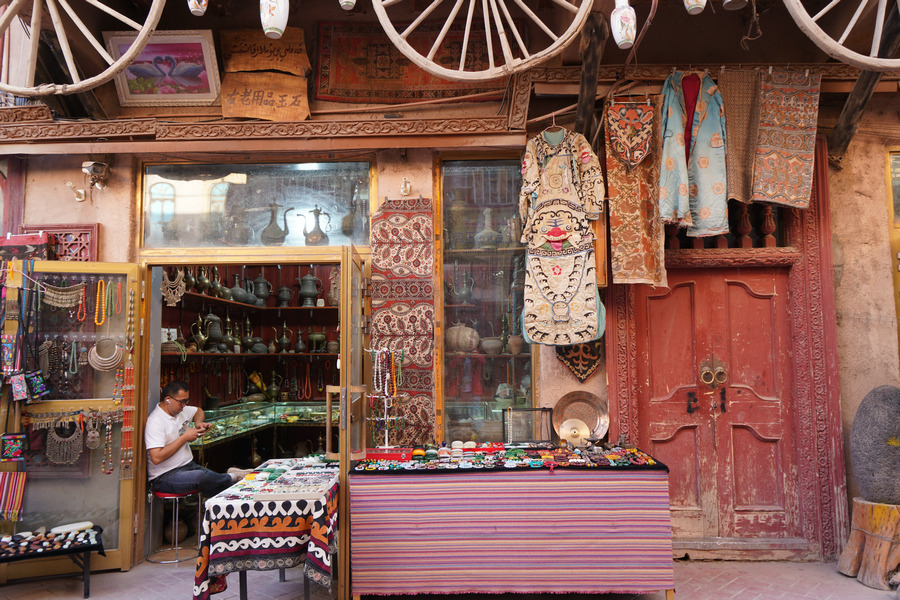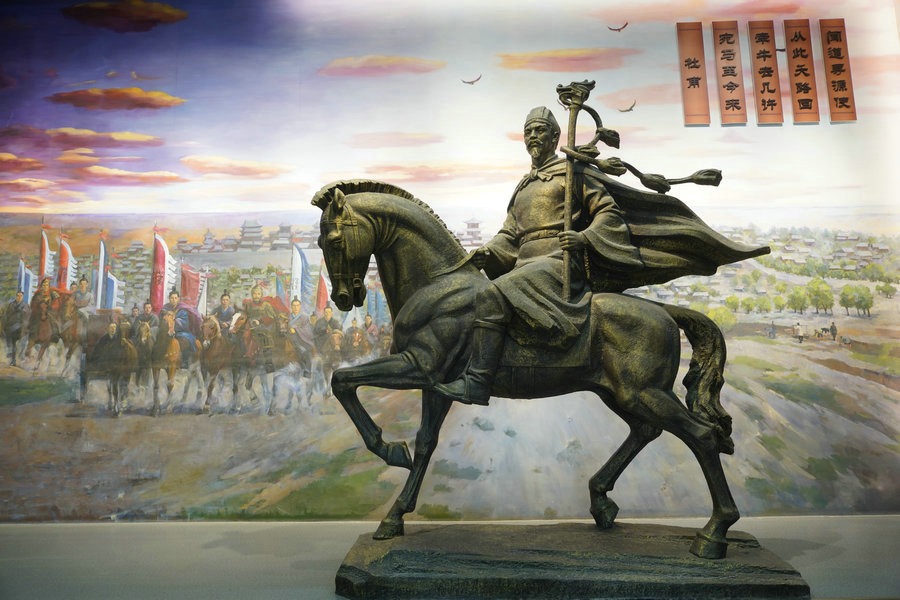Must-see landmarks for your Xi'an tour

Due to its status as the longest-running capital in ancient China and for giving birth to most dynasties, Xi'an, with a history of over 3,000 years, has had a deep impact on the life and culture of the country.
Home to the Terracotta Warriors, Xi'an enjoys a reputation as a "Living History Museum" due to its rich, diverse collection of historical and cultural treasures.
The upcoming China-Central Asia Summit is to be held in Xi'an. If you are planning a tour of Xi'an taking less than 3 days, you’ll want to hit all the highlights. Check out these recommended attractions, which we think best capture the spirit of the ancient city.
1 The Terracotta Army
The Terracotta Army is not just China's premier historical attraction, it is one of the most significant archeological finds in the world and one of the greatest discoveries of the 20th century.
Discovered in 1974, the army of Terracotta Warriors was constructed by China's First Emperor Qinshihuang of the Qin Dynasty (221 BC-207 BC). It is a collection of thousands of life-size terracotta soldiers, horses and chariots in battle formation, showing the emperor’s armies in full splendor.
The Terracotta Warriors and Horses Museum consists of three vaults and an exhibition hall: Vault One, Vault Two, Vault Three and the Exhibition Hall of the Bronze Chariots. Of the three pits, Pit 1 is the largest and the most impressive, with over 6,000 terracotta figures in total and fewer than 2,000 on regular display. Each figure differs in facial features and expressions, clothing, hairstyle and also body position. Through this exquisite detail, people can get great insight into the history, military development and culture of ancient China in that period.
2 Ancient City Wall
Xi'an City Wall was built in the 14th century by Zhu Yuanzhang, the first Emperor of the Ming dynasty (1368–1644) as a military defense system. Now it is one of the oldest and best-preserved Chinese city walls. The wall is now a landmark, dividing the city into inner and outer areas. When you take a stroll or cycle on the massive wall, you can enjoy a good view of the city, the moat and the watchtowers.
3 Giant Wild Goose Pagoda
One of China's most famous Buddhist pagodas, the Giant Wild Goose Pagoda was built in the Tang Dynasty (618-907) for the study of Buddhist scriptures. One of the main functions of the pagoda was to store sutras and figurines brought to China from India by the famous monk and traveler Xuan Zang, who stayed here for 19 years translating Buddhist scriptures.
Situated in Da Ci'en Temple, the pagoda was built with layers of bricks and has a grand structure that gives it a solemn appearance. It is exemplary of traditional Chinese architecture.
4 Shaanxi History Museum
The Shaanxi History Museum is home to over 370,000 precious relics unearthed in Shaanxi over the years. Its collections range from bronze wares to pottery figures, gold and silverwares and mural paintings from the Tang Dynasty (618-907) tombs. Among its precious collections, 18 pieces have been listed as national treasures.
Serving as the capital of China for 13 dynasties, Xi'an is endowed with numerous historical sites and relics.
The museum consists of three main sections, displayed chronologically from primitive eras to the late Qing Dynasty (1644-1911).
5 The Muslim Quarter
Another highlight when touring Xi'an is its local snacks, and the best food destination is the Muslim Quarter.
Consisting of a number of food streets, the area has become a famous attraction in the city for its rich and authentic Muslim cultural atmosphere. Taking a stroll along the Muslim Quarter, you could find unending lines for various restaurants and food stalls, where you can get a taste of the culture of the Hui ethnic group that lives there. Remember to get a bowl of pita bread soaked in lamb soup. And don't forget to save some room for the roujiamo meat sandwich, a signature snack of Xi'an. It is a handy delicacy to eat on the go as you rush to your next destination.

































